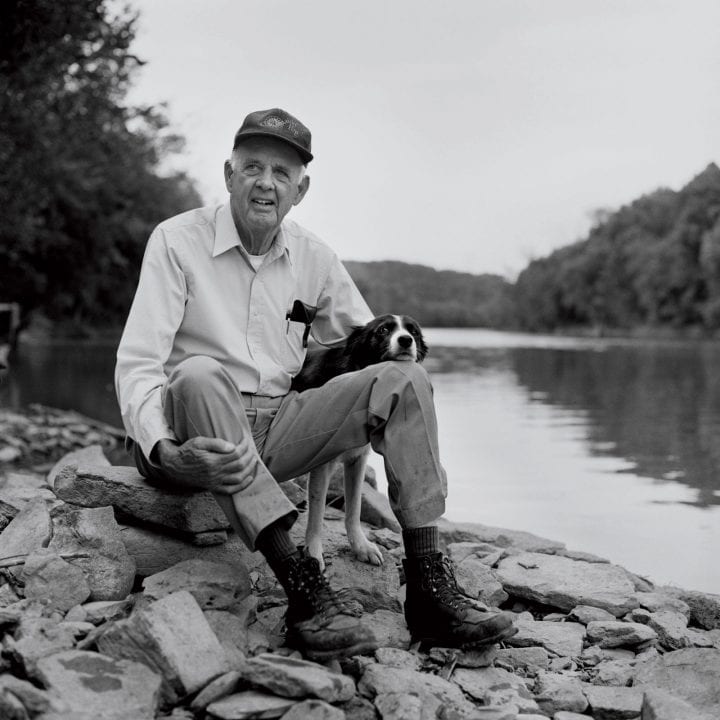Critics and scholars have acknowledged Wendell Berry as a master of many literary genres, but whether he is writing poetry, fiction, or essays, his message is essentially the same: humans must learn to live in harmony with the natural rhythms of the earth or perish.
Berry first gained literary recognition as a poet. In volumes such as The Broken Ground,Openings: Poems, Farming: A Handbook, and The Country of Marriage, he wrote of the countryside, the turning of the seasons, the routines of the farm, the life of the family, and the spiritual aspects of the natural world. Reviewing Collected Poems, 1957-1982, New York Times Book Review contributor David Ray called Berry’s style “resonant” and “authentic,” and claimed that the poet “can be said to have returned American poetry to a Wordsworthian clarity of purpose…Many of Mr. Berry’s short poems are as fine as any written in our time.”
It is perhaps Berry’s essays that have brought him the broadest readership. In one of his most popular early collections, The Unsettling of America: Culture and Agriculture, he argues that agriculture is the foundation of America’s greater culture. He makes a strong case against the U.S. government’s agricultural policy, which promotes practices leading to overproduction, pollution, and soil erosion. Another essay collection, Recollected Essays, 1965-1980, has been compared by several critics to Henry David Thoreau’s Walden. In Sex, Economy, Freedom, and Community: Eight Essays, Berry continues to berate those who carelessly exploit the natural environment and damage the underlying moral fabric of communities.
Farming and community are central to Berry’s fiction as well as his poetry and essays. Most of his novels and short stories are set in the fictional Kentucky town of Port William. Like his real-life hometown, Port Royal, Port William is a long-established farming community situated near the confluence of the Ohio and Kentucky Rivers. In books such as Nathan Coulter, A Place on Earth, The Wild Birds, and Jayber Crow, Berry presents the lives of seven generations of farm families.
Born in Henry County, Kentucky in 1934, where the families of both of his parents farmed for five generations, Berry earned his Bachelor’s degree from the University of Kentucky in 1956, and his Master’s degree in 1957. He went on to attend Stanford University’s Creative Writing program as a Wallace Stegner fellow. He taught for many years at the University of Kentucky, but eventually resigned in favor of full-time farming. Berry has been the recipient of numerous awards and honors, including the Vachel Lindsay Prize for Poetry (1962), a Rockefeller Foundation Fellowship (1965), a National Institute of Arts and Letters award for writing (1971), the American Academy of Arts and Letters Jean Stein Award (1987), membership in the Fellowship of Southern Writers (1991), the Ingersoll Foundation’s T. S. Eliot Award (1994), the John Hay Award (1997), the Lyndhurst Prize (1997), and the Aitken-Taylor Award for Poetry from The Sewanee Review (1998). Berry’s latest works include The Mad Farmer Poems(2008) and Whitefoot (2009), which features illustrations by Davis Te Selle. (Biography excerpted from The Poetry Foundation’s website).
